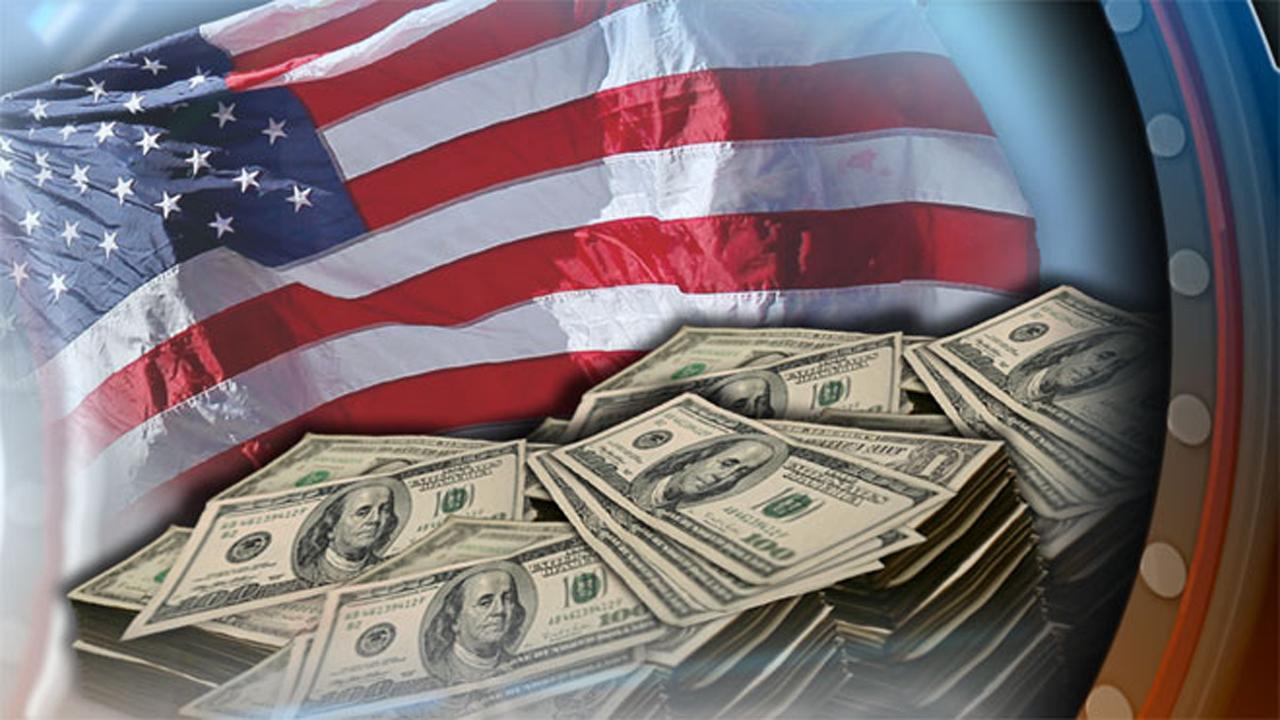Millennials still skeptical about impact of Trump’s tax cuts
Despite a roaring economy that’s seen the lowest unemployment rate in nearly 50 years, a majority of millennials still remain risk averse, largely because of a lack of financial security that’s correlated to thousands of dollars in student loans, according to a new study.
About half of the survey respondents said they are currently paying off -- or planning to take on -- student loans, according to Ernst & Young. Student-loan debt is largely why millennials have been delaying buying a home or having a family, according to the study, which found that 80 percent of the 1,200 respondents said student debt has forced them to push off home ownership.
Home ownership among millennials, however, is beginning to steadily rise: According to the study, about 40 percent of the largest generation own their homes, compared to 26 percent in 2016. That’s still lower than other generations. About 45 percent of Generation X and Baby Boomers owned homes at the same age.
The Great Recession has had a lasting and significant impact on millennials, dramatically altering their outlook on financial security and the future, according to the study. About 75 percent of respondents said they’re concerned Social Security will be unavailable when they’re ready to retire, while 70 percent said they worry about not having enough money to live off when they do.
That wariness of overarching institutions extends beyond the federal government (only 30 percent said they have a high level of confidence in American institutions). Since 2016, trust in higher education, corporate America, Silicon Valley, organized labor and the criminal justice system has fallen.
Most millennials were also skeptical about the impact of President Trump’s Tax Cuts and Jobs Act, which was signed into law about a year ago. The tax reform -- the largest signed into law since Ronald Reagan occupied the Oval Office -- significantly slashed the corporate tax rate and temporarily lowered individual taxes.
But a number of millennials (60 percent) said the new law would help large corporations by lowering taxes, although they remained uncertain about how it would impact their own finances (39 percent said they thought their federal tax burden would stay the same, while 27 percent said it would likely increase).
“Across party lines, millennials remain wary about a tax system that they perceive as unfair, and the [tax overhaul] did not change that view,” said Cathy Koch, the Americas tax policy leader for Ernst & Young. “It will be interesting to see how this perception affects political debate and future policies as millennials become policymakers in the coming decades.”
Conversely, their trust in media, organized religion and local government has climbed.




















